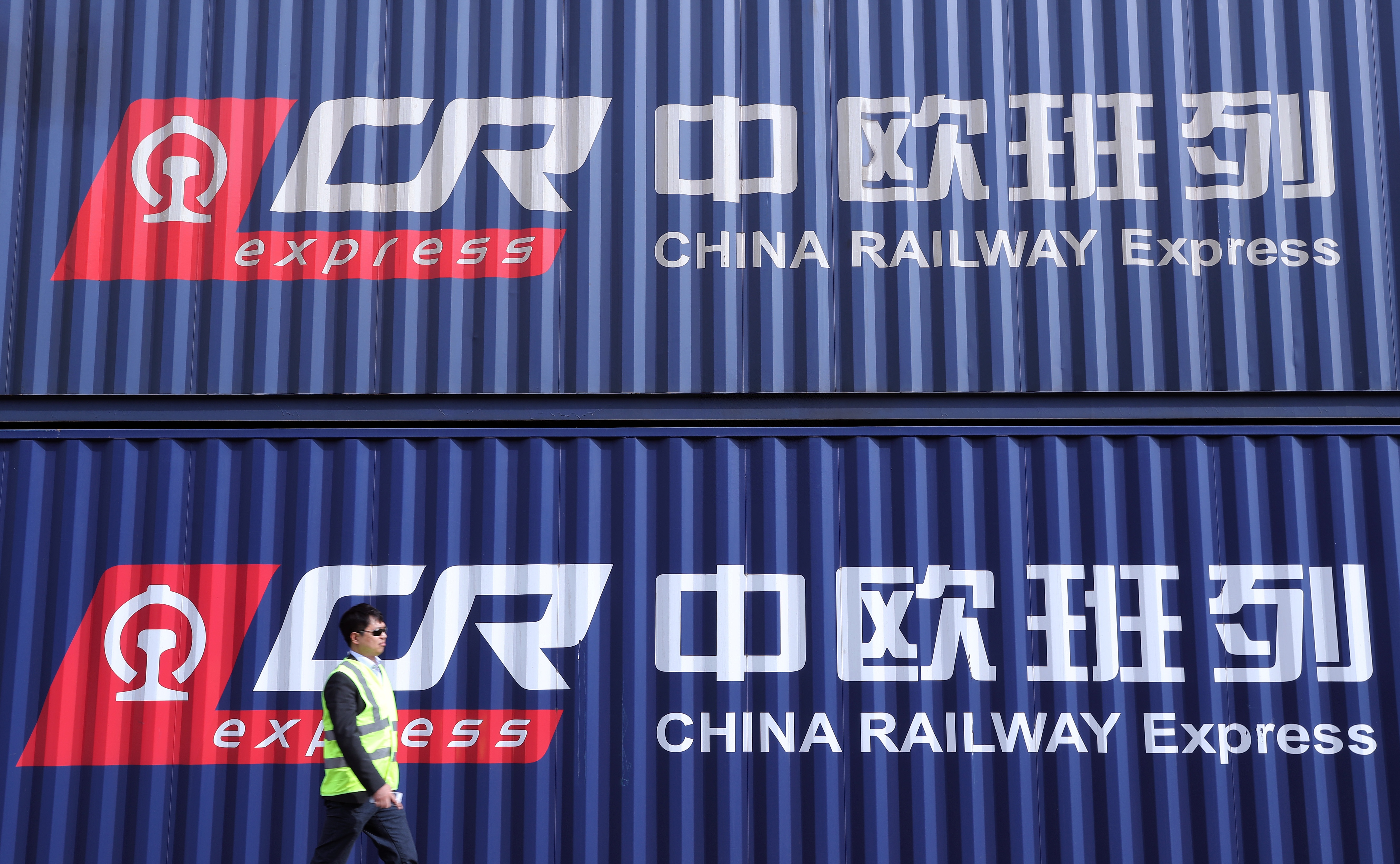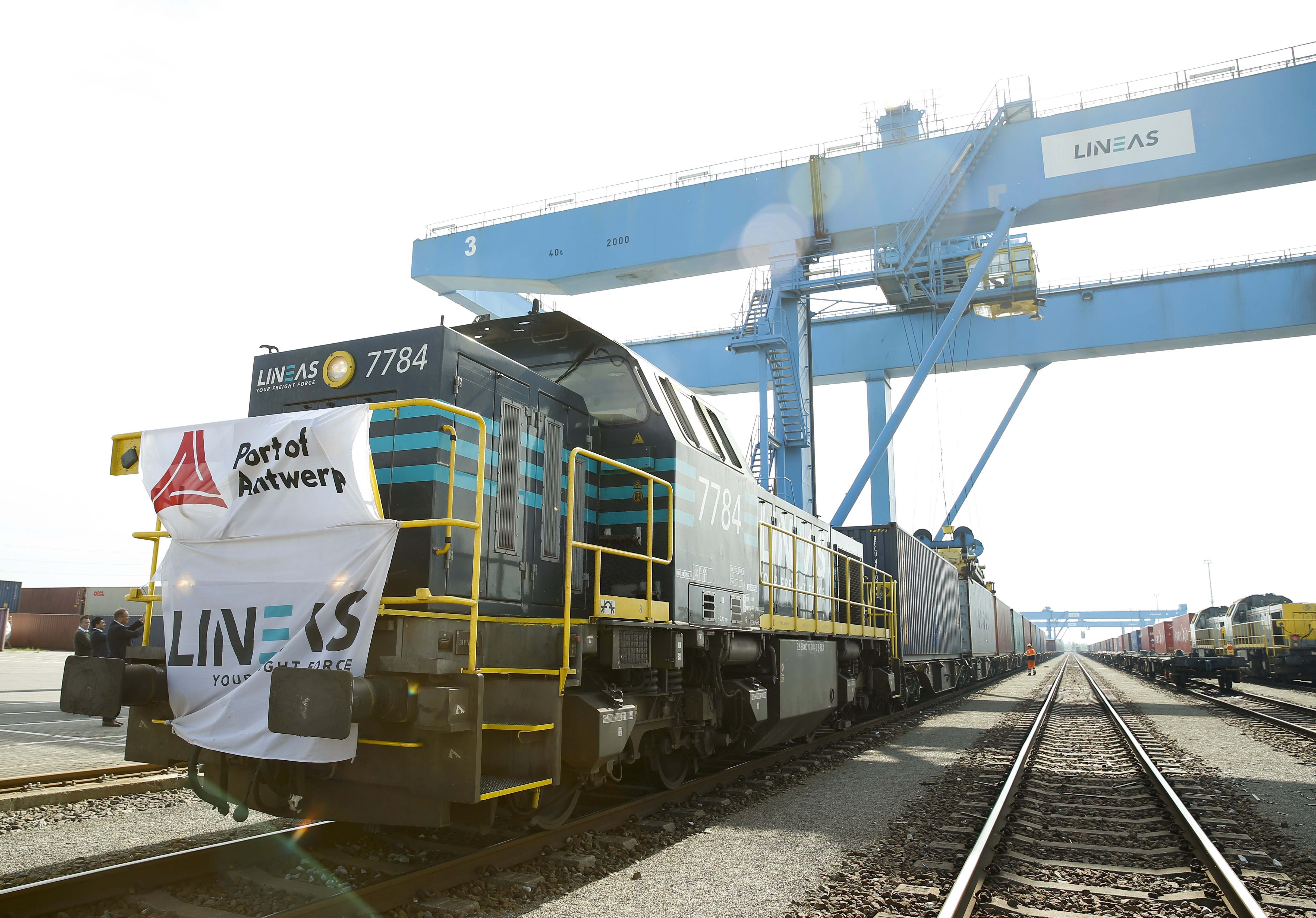European countries see more opportunities than risks in BRI
- By Wang Wei
 0 Comment(s)
0 Comment(s) Print
Print E-mail China.org.cn, April 23, 2019
E-mail China.org.cn, April 23, 2019

As the curtain rises on the second Belt and Road Forum for International Cooperation (BRF) in Beijing this week, more European countries are showing interest in China's Belt and Road Initiative (BRI). Despite doubts and controversies, the BRI is now increasingly recognized as a global platform for mutually beneficial cooperation.
Italy recently became the first G7 country to endorse the BRI, and also the 14th EU member to sign a memorandum of understanding. It is also the largest economy so far to get behind the transcontinental infrastructure project.
Italian Prime Minister Giuseppe Conte has expressed on many occasions his view that the BRI is “an opportunity” for his country, which expects growth in port cooperation, agriculture, education, heritage protection and other areas.
His words are on point. Statistics indicate that China is now Italy's largest trade partner in Asia, while Italy is China's fifth-largest trade partner in the EU. The bilateral trade between the two countries surpassed US$50 billion in 2018, a year-over-year growth of 9.1%. That is equal to 2.5% of Italy's gross domestic product, indicating great room for cooperation in the future.
Against the background of enormous debt and economic stagnation, Italy's choice to sign on to the BRI serves the country's best interests. Just as Michele Geraci, undersecretary at Italy's Ministry of Economic Development, said in an interview with the New York Times, cooperating with China on the infrastructure push will allow Italy to export fashion, machinery, food, chemicals and other goods to China in greater numbers.
The country is no doubt seizing the opportunities provided by the BRI in a bid to create long trading corridors linking Europe, Africa and Asia to China. They rightly expect more "Made in Italy" products to be exported to China, the fastest-growing market in the world.
While Italy takes its new position to explore huge business potential in China, it seems that the rest of Europe should take some time to rethink their concerns.
France is one of the first European countries to express their willingness to join the BRI cooperation. During President Xi Jinping's visit to France in late March, the two countries signed agreements on the third round of the BRI-related demonstration projects in third-party markets, and kicked off a third-party market fund.
In a recent speech, European Commission President Jean-Claude Juncker mentioned his meeting with Xi in Paris, saying he wasn't opposed to the Belt and Road, on the condition that European companies could benefit from these projects, and where there are Chinese workers, there should be European workers employed as well.

Actually, China has always made its stand clear that the country is willing to push forward the alignment of the BRI with the EU's Euro-Asian connectivity strategy, and conduct cooperation with the EU based on the spirit of openness, inclusiveness and transparency.
In line with that, China's newly-adopted foreign investment law, which provides stronger protection and a better business environment for overseas investors, will significantly promote investment between China and the EU.
So far, 125 countries and 29 international organizations, including more than 20 European countries, have signed cooperation agreements under the initiative framework. The common pursuit of interconnected development and shared prosperity will bring together representatives from over 150 countries, including 37 heads of state and government leaders, at the upcoming BRF.
The past six years have seen the BRI create local jobs in participating countries, improving people's livelihood there. A recent release from the National Development and Reform Commission indicated that the 82 cooperation parks jointly built by China and participating countries have created more than US$2 billion in tax revenue and about 300,000 jobs for host countries.
If you would like to contribute, please contact us at opinion@china.org.cn.





